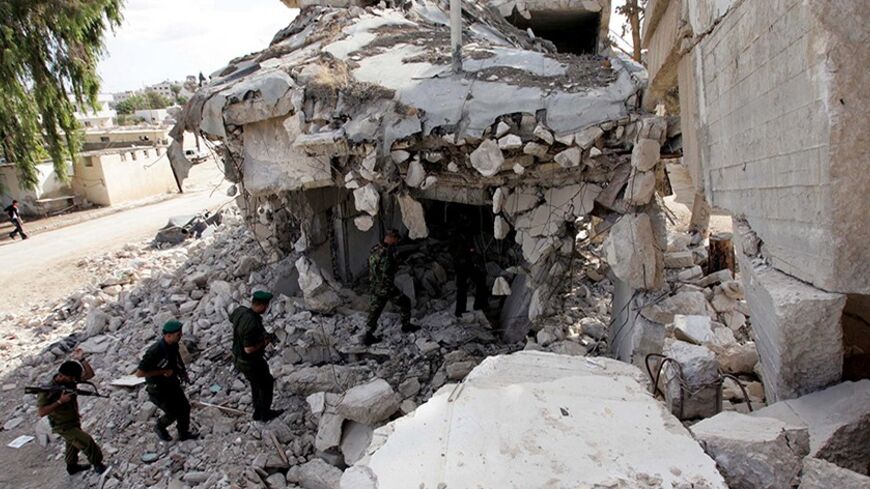It was the closest the Palestinians ever came to threatening to dissolve the Palestinian Authority (PA). In December 2012, as a response to the worsening political process with Israel, Palestinian President Mahmoud Abbas said, "If there is no progress in the negotiations, I will call Israel's Prime Minister, Benjamin Netanyahu, and tell him: 'My dear friend, I call upon you to boycott the presidential headquarters in Ramallah. Come take my place. I shall give you the keys and you will be responsible for the Palestinians!'"
Soon after, the Palestinian and Israeli sides started a marathon of intensive negotiations under US auspices. However, pessimism prevailed among Palestinians amid leaks about the stalemate in talks and the possibility that they might fail, despite the upbeat statements of the US sponsor.



